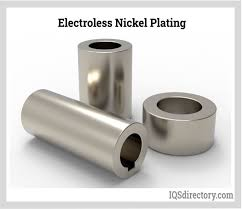As solar energy becomes more popular, we also have to think about what happens when solar equipment, like solar panels, gets old or stops working. That’s where WEEE regulations come in. WEEE stands for Waste Electrical and Electronic Equipment. These rules are designed to help properly collect and recycle, and safely get rid of electronic products, including solar panels.
Here we take a closer look at what WEEE regulations are and how they affect the solar industry.
What Are WEEE Regulations?
WEEE regulations are laws that make sure electronic waste is collected and recycled instead of being thrown into landfills. These rules apply to things like computers, TVs, batteries, and now, solar panels too. Under WEEE, manufacturers and importers of solar panels are responsible for helping pay for the safe recycling of the products they sell.
This helps protect the environment by making sure harmful materials, like lead or heavy metals, don’t leak into the soil or water. It also encourages companies to design better, longer-lasting, and more recyclable products.
If you’ve been considering solar panel installation Bristol, from a provider such as redbridgeandsons.co.uk/solar-pv-panels/solar-panel-installation-bristol, it’s important to know how WEEE regulations might affect your decision. They ensure that your solar panels are not only eco-friendly but also comply with the latest standards, giving you peace of mind
How Do WEEE Rules Impact the Solar Industry?
The solar industry now has to plan for the entire life cycle of a solar panel, from when it’s made to when it’s no longer usable. This means companies that sell solar panels must register with WEEE programs and report how much equipment they sell. They also have to help cover the cost of taking back and recycling old panels.
Because solar panels can last for 20 to 30 years, most of them haven’t reached the end of their lives yet. But over the next decade, more and more panels will need to be replaced, and the amount of solar waste will increase. WEEE rules help make sure the industry is ready to deal with that waste in a responsible way.



